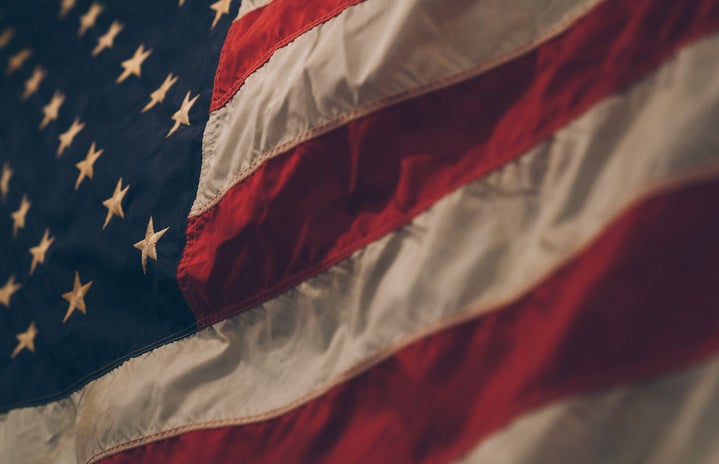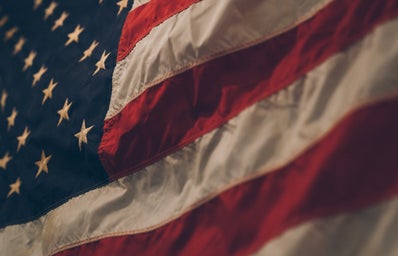The Iowa caucuses are one of the biggest political events in American life. For months, journalists and candidates search carefully for any signs of who will emerge as the victor of the Iowa caucus, which will likely propel them to a new frontrunner status. Caucuses are different from primaries because of the way in which most states vote for party nominees. They are essentially meetings in which pledged voters for each candidate get into groups at their local precinct. Whichever candidate has the biggest group is declared the winner of that precinct, the next largest group is in second place and so on and so forth.
Caucuses are an unnecessarily complex, convoluted way of voting. They can often make it harder for marginalized groups to participate in the political process, since they often take several hours in the evening when many people have to work, don’t have childcare or struggle to find adequate transportation. Frankly, caucuses are a relic of the past. And yet, the Iowa caucus is somehow the most important state contest in the presidential election cycle. Candidates spend months on end campaigning across Iowa, building relationships with local organizers and spending tons of cash on advertising. Keep reading for a breakdown of the history of the caucus and the benefits and problems with this form of political participation.
Caucuses date back to the early 1800s
Most systems that America had in the early 1800s–slavery, white-male-only voting, covered wagon travel–have been abolished with good reason. But the caucus has stuck around. During a time when voters were wealthy, land-owning white men, the pool of potential voters was small enough that a caucus made the most sense. Of course, this led to issues with elitism even back in the early 1800s–the most influential, wealthy insiders would consistently choose the party’s nominee in elections ranging from mayor to president. This was something even Andrew Jackson objected to all the way back in the 1820s.
The general exclusiveness of caucuses led to their abolition in most states after the disastrous 1968 Democratic Convention, which saw mass protests and the selection of the unpopular Hubert Humphrey as the party’s nominee. The caucus process was seen as a main reason for the lack of popular input on the party’s decisions, and primaries took the place of the caucus in most states.
Iowa isn’t the only caucus, but it is the first
Iowa wouldn’t seem like a particularly important state. It’s whiter and older than the average state in the U.S. and has a pretty small population. In fact, it didn’t use to have the importance it does today. Back in 1976, an unknown governor from Georgia who was considered a long shot for president strategized that winning the first official contest would win him media attention and launch him to national importance. Soon, he was known as President Jimmy Carter.
The Carter strategy has since become the norm. For Democrats, the winner of the Iowa caucus has gone on to become the nominee 55% of the time since 1972. For Republicans, it’s 43%. But, it’s not a bad predictor of the eventual nominee.
Other caucus states are Nevada, Wyoming, Maine, North Dakota, Kansas, Alaska and Hawaii, with some differences in process and administration.
Caucuses are democracy in action
In a primary, you just go to your polling place, cast your ballot and go. In a caucus, you spend an entire evening wrangling other members of your community, trying to convince another candidate’s supporters to come to your side, building coalitions and trying to strategize the best odds for your candidate. It’s complex and requires a lot of “ground game,” as some political insiders call it. Basically, candidates need a lot of experienced grassroots volunteers to help at caucus locations and increase participation. While a lot more labor-intensive than a typical primary, caucuses can be a unique way to directly participate in democracy.
Caucuses are exclusive
The long and complex nature of a caucus means that you need time to participate. For many working-class voters, this time is a luxury. Going out for several hours during the workweek likely requires the expense of a babysitter and excludes those who work at night. Often, this means that people of color are the most excluded from caucuses, as they are less likely to have the flexibility in their schedule to attend. Younger people are also less likely to participate due to a lack of adequate transportation or schedule constraints. However, as parties work to add initiatives like virtual caucusing, this participation gap could close.


